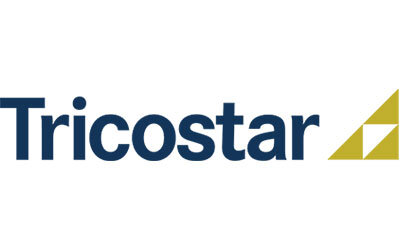What is Customer Relationship Management?
Customer Relationship Management (CRM) is a term you’ll frequently hear used, particularly at large companies and corporations. But what actually is CRM? In this article we hope to outline the basics of what CRM is, and how companies commonly implement this model.In the previous sentence we used the word ‘model’, because CRM is a strategy that has implications for an entire company and it encommpases many aspects of a business operations. It isn’t a single activity but an entire business philosophy. As the name suggests, it is focused on a business's customers or clients; from finding new customers to nurturing the relationships with existing ones - customers are at the heart of a business so this approach has many merits.There are many misconceptions surrounding CRM (as outlined by Kincaid, 2003) which you will even hear from people working directly with a CRM strategy. We will address these ideas and misconceptions below:
- The Internet. The Internet has improved the opportunities for communication, discovering information and has brought a number of new tools. The Internet therefore can greatly support CRM (like our online cloud-based Sage CRM for example) but Internet is only a part of the bigger picture.
- Customer Recognition. Recognising a customer is an important stage in CRM but what is even more important is how a business uses this information. The information and data collected through recognition should be used to inform future decisions and customer interactions.
- Software & IT. Like the Internet, IT has greatly supported CRM and software solutions are becoming increasingly common. However, it is important for businesses to realise that CRM isn’t just an IT problem - IT helps provide a solution to the problems that CRM raises, but they are not the same.
We really think the definition given by Kincaid (as brought up earlier) sums up CRM perfectly:“CRM is the strategic use of information, processes, technology and people to manage the customer's relationship with your company (marketing, sales, services, and support) across the whole customer life cycle.”As you can see, this is a rather broad definition, but that is because CRM is a broad discipline. It encompasses a variety of departments (CRM isn’t simply a way of increasing sales) and uses a range of means to achieve its aims.
